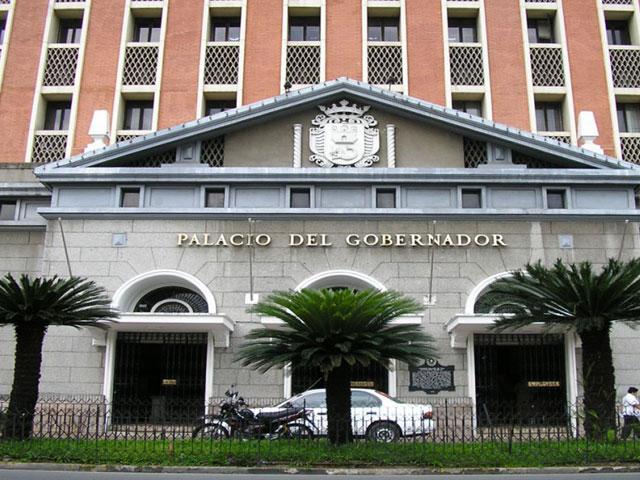Comelec: PET can annul election results, but only with ‘strictest’ standards

The Supreme Court, sitting as the Presidential Electoral Tribunal (PET), has the power to annul election results in connection with a pending poll protest, but only with the "strictest" standards in place, the Commission on Elections (Comelec) said.
Responding to the PET's order for comments on issues relating to former senator Ferdinand "Bongbong" Marcos Jr.'s protest against Vice President Leni Robredo, the poll body said the "drastic" measure of nullifying election results must be justified so as not to disenfranchise voters.
The Comelec cited the 2016 SC decision in the case of Harlin C. Abayon vs House of Representatives Electoral Tribunal (HRET) and Raul A. Daza, which it said affirmed the HRET's power to annul election results "as an indispensable consequence or concomitant to" its mandate of deciding election contests involving House members.
The Comelec said it could be inferred from the ruling that the PET, being the "sole judge" of all presidential and vice presidential election contests, also has the power to annul election results "in order to give full effect to its constitutional duty to determine the winning candidate in the contested position."
"However, as to give highest importance to the thousands of votes cast in the elections, the strictest standards and procedures of law must be set in place if the PET becomes strongly and positively convinced to annul the results of the elections," the poll body said.
It said three elements must be satisfied to justify such an "extreme" act: evidence that more than 50% of votes were cast illegally; the impossibility of differentiating the lawful and unlawful ballots; and clear, convincing, and strong evidence that the protestee is accountable for the illegal acts.
Citing the Abayon case, the Comelec said that annulling elections would only be to "determine who among the candidates garnered a majority of the legal votes cast."
The PET has solicited the views of the Comelec and of the Office of the Solicitor General (OSG) on Marcos' bid to annul election results in Maguindanao, Lanao del Sur, and Basilan due to alleged terrorism and voter harassment.
This is the so-called "third cause of action" in Marcos' protest challenging Robredo's victory in the 2016 elections. Robredo's term ends in 2022.
One of Marcos' other sought actions, a recount of votes from Camarines Sur, Iloilo, and Negros Oriental, resulted in Robredo's lead over him widening by over 15,000 votes.
Robredo, her supporters, and two SC justices said the result of the recount in the three pilot provinces should have been enough reason to dismiss the entire protest, but the majority of the tribunal, citing due process, voted to ask the parties for their comments on issues over the "third cause of action."
In its own comment, the OSG told the PET it has the power to declare a failure of elections but not to order the conduct of special polls.
The Comelec, on the other hand, said that while the PET is empowered by the Constitution to declare annulment of elections without special elections, it cannot declare a failure of elections and conduct special elections, this being within the Comelec's "exclusive jurisdiction."
Again citing the Abayon case, the Comelec said the SC has explained the differences in purpose and consequences between electoral tribunals' annulment of elections and the Comelec's declaration of failure of elections.
The poll body suggested that the PET "revisit its rules and the case of Abayon to fill in the gaps in order to preserve the true will of the electorate in every protest case lodged before it." — RSJ, GMA News



